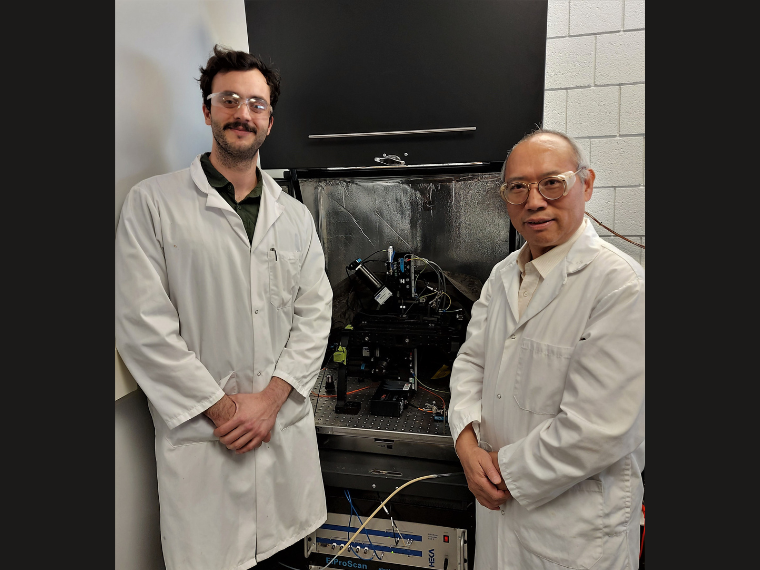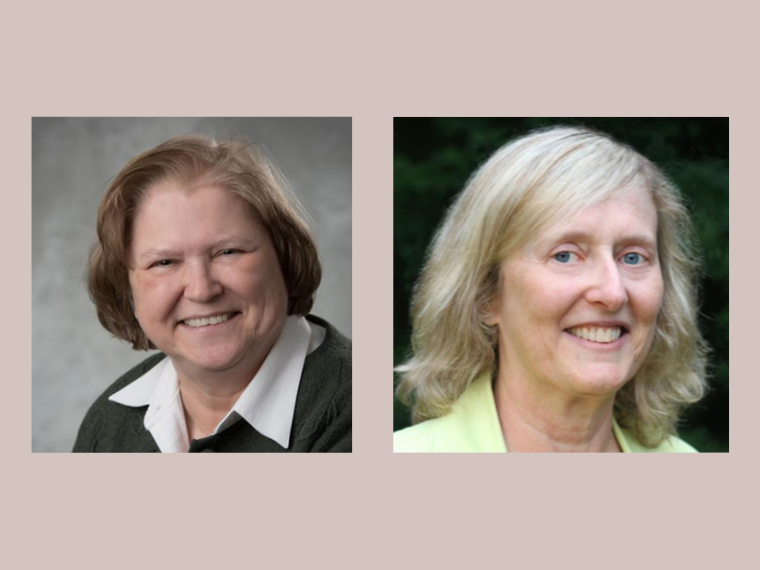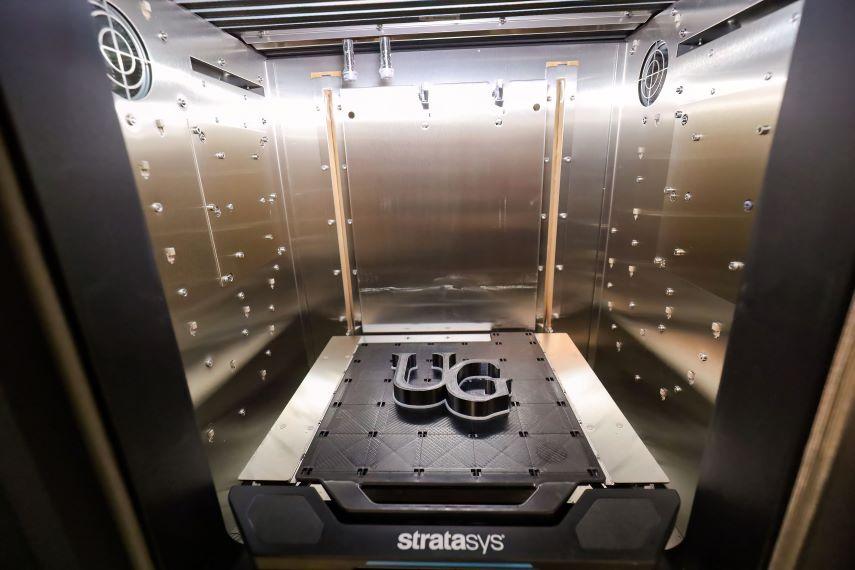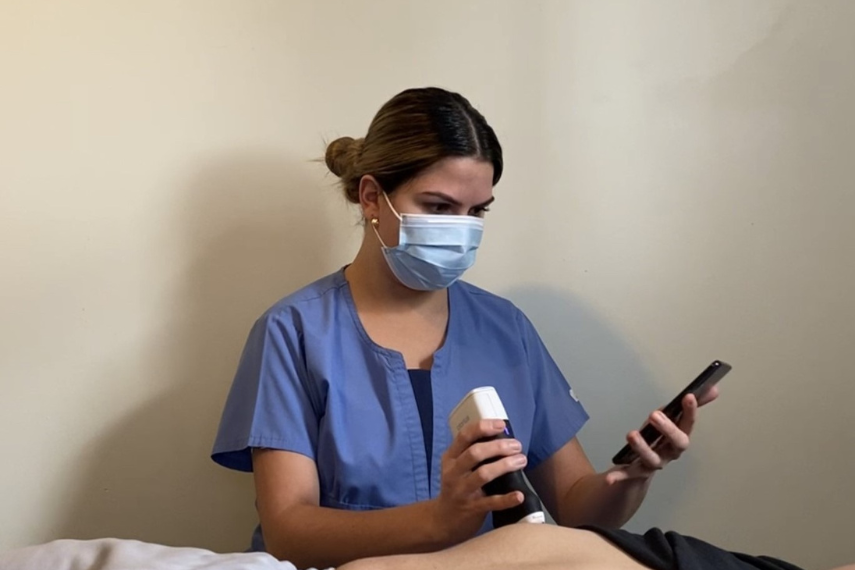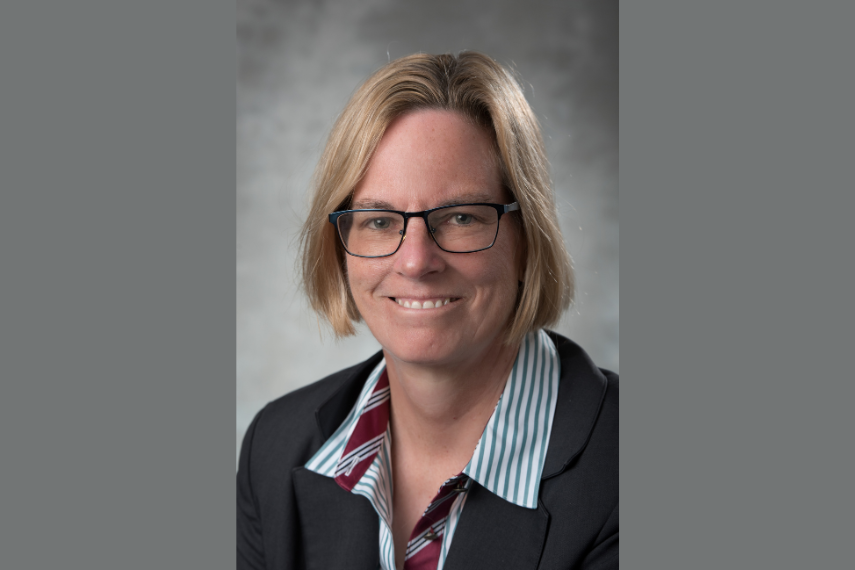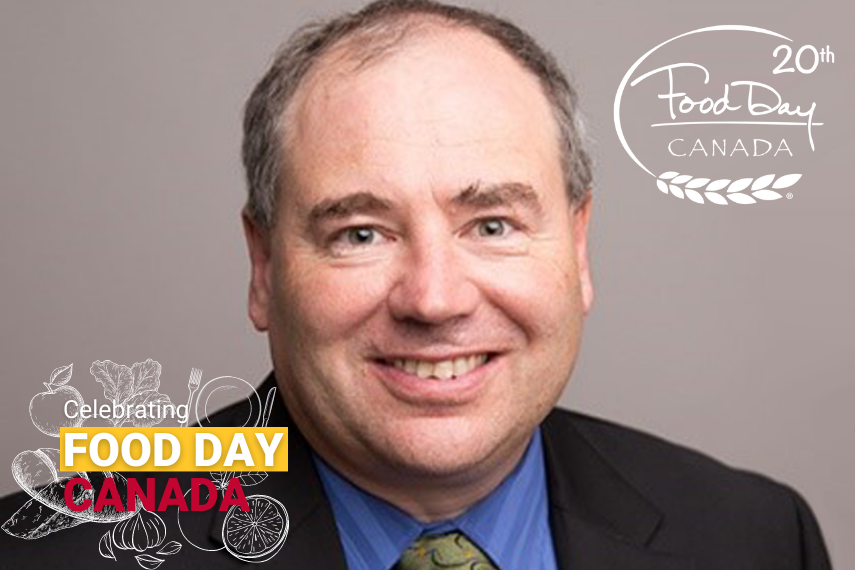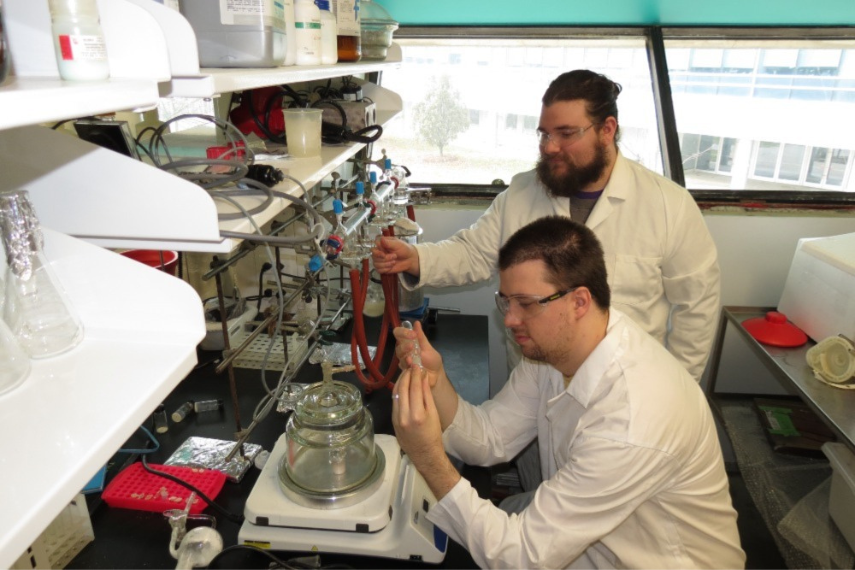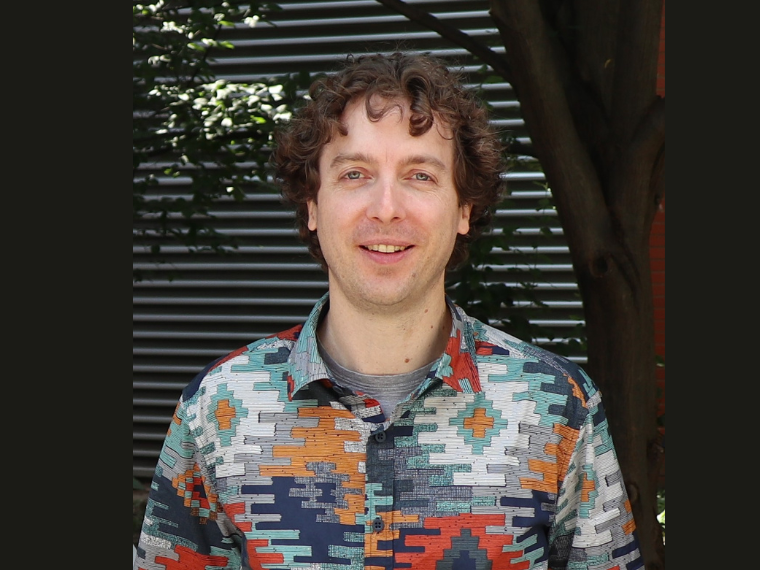
Graham Taylor Joins Multimillion-Dollar International Initiative to Establish a Global Climate Center on AI and Biodiversity Change
The University of Guelph’s Dr. Graham Taylor is set to play a pivotal role in a groundbreaking international initiative aimed at leveraging artificial intelligence (AI) to better understand the impact of climate change on biodiversity.
